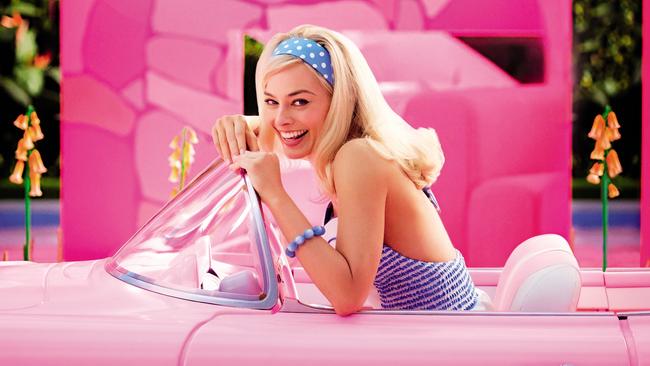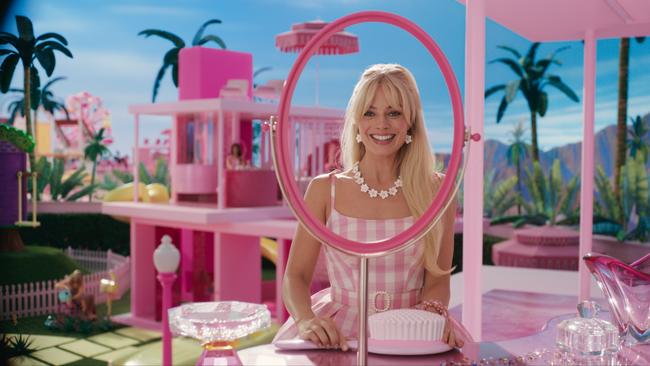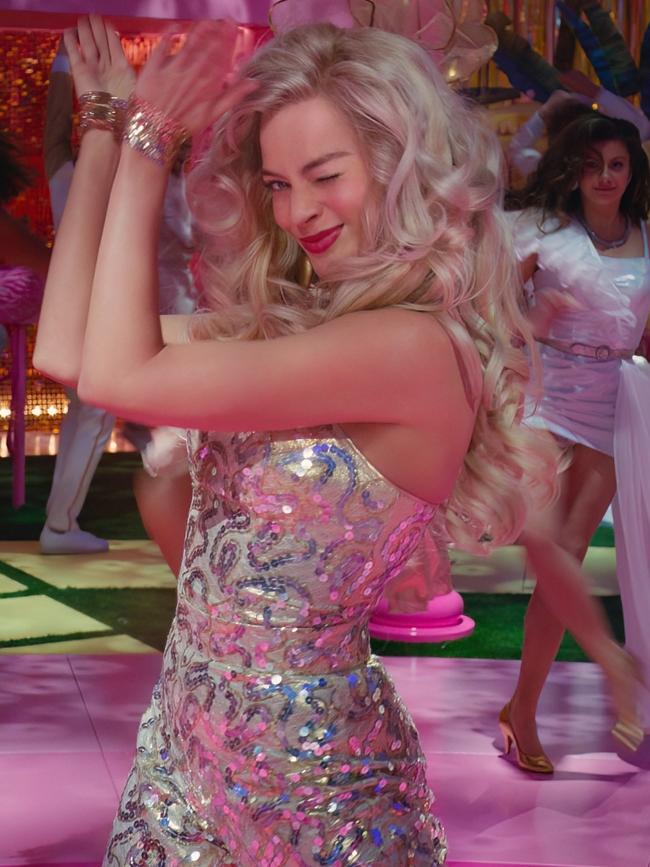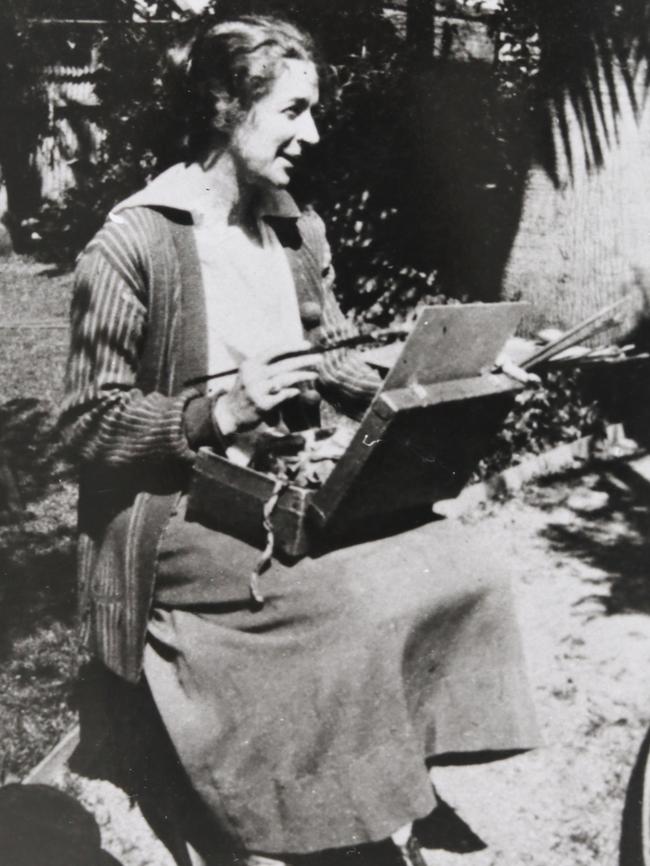
Whether we liked Barbie or not – were more of a Sindy flat-chested girl (yes, me) or a Tonka truck tomboy (also me) – we women know those rigid heels. A 50-something girlfriend texts: “I can’t wait for this movie.” The text back: “Same. Almost can’t bear it.”
I just pray that the relatively few female reviewers in the film world are allowed free rein with this one, this cultural moment that will be completely misunderstood by about, oh, half the population. No sneering, thank you very much. This film is not for you. It’s for us, full of subtleties only we will recognise.

And thus we turn to the fascinating little concept known as the Familiarity Effect. It’s a phenomenon whereby humans develop a preference for things that are reassuringly familiar. It has skewed the world in favour of one particular gender, over millennia. Power anoints the familiar. Gatekeepers decide who is raised up, lauded, gifted opportunities. The thinking behind the Familiarity Effect: that the more we’re exposed to something (such as our reflection in the mirror) the easier and more enjoyable it is for our brains to process. Thus the gatekeepers applaud the familiar – and disparage or diminish the other.


The Familiarity Effect is why the gatekeepers of the artistic world have kept men in power for so very long; why the label of “genius” is usually only applied to one gender and skin colour. It’s the job interview that perpetuates the bamboo and glass ceiling. The final accession in Succession. The ABC, in its latest restructuring, acknowledged that it has to give a platform to more diverse perspectives – the world is recognising that the Familiarity Effect is so very last century. There’s a maxim about big business: that a company has to change as fast on the inside as what is happening on the outside, or it will be heading for extinction.
And when the gatekeepers change, the conversation changes. Refreshingly so.
There’s an instructive demonstration of the Familiarity Effect right now in Geelong, with a luminous Clarice Beckett retrospective. She was written off by the art establishment a century ago. Largely forgotten after her death. Her mentor, Max Meldrum, declared “there would never be a great woman artist and there never had been”. Ah, the airless confidence of that pronouncement. Beckett is now seen as one of Australia’s greatest artists and women are flocking to the exhibition, not only because of the astonishing beauty of the work but because of the tragic story behind the painter.

Much of Beckett’s adult life was spent caring for elderly, sickly parents, because that’s what women are meant to do; she worked mainly at daybreak or towards the evening, as the light fell, when she was relieved of domestic duties. Beckett was kept at bay, continually, by male gatekeepers. So often the creation of great art is about confidence – and women, minorities, have rarely been afforded that. Being ignored can easily snuff the flame. Yet Beckett persisted, in obscurity, the headwinds so very strong.
It’s why I applaud the breakdown of the cursed Familiarity Effect. Because the repercussions in terms of who gets chosen for attention, who gets the prizes and promotions, are so profound. It results in a thwarting of opportunity for those not existing within the warmth of its halo. And it’s why I hope the sneerers of the film industry allow us women this moment of cultural joy that is the Barbie movie. Back off, fellas, this one is ours.







Margot Robbie’s feet step out of pink heels, in profile, and stay frozen and arched in barefoot splendour. It’s hard to quite convey the emotional resonance, the sheer anticipatory thrill for women the world over. The filmmakers understand. They’ve placed that delectable little madeleine moment at the start of the trailer for the Barbie movie, opening next month.